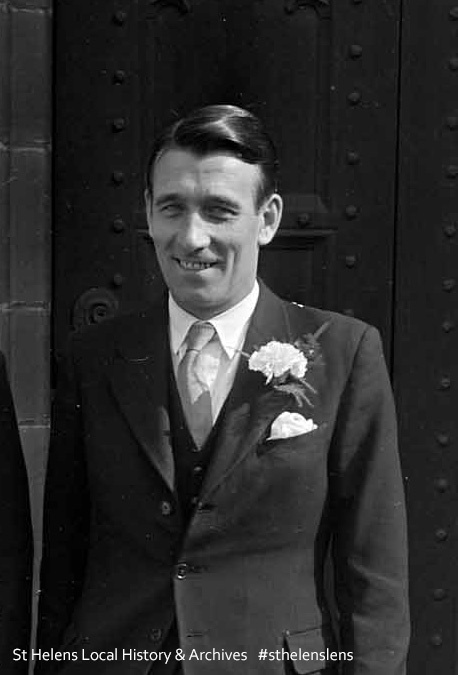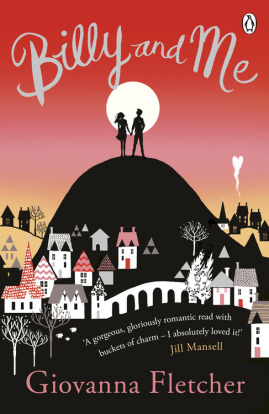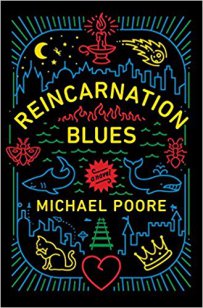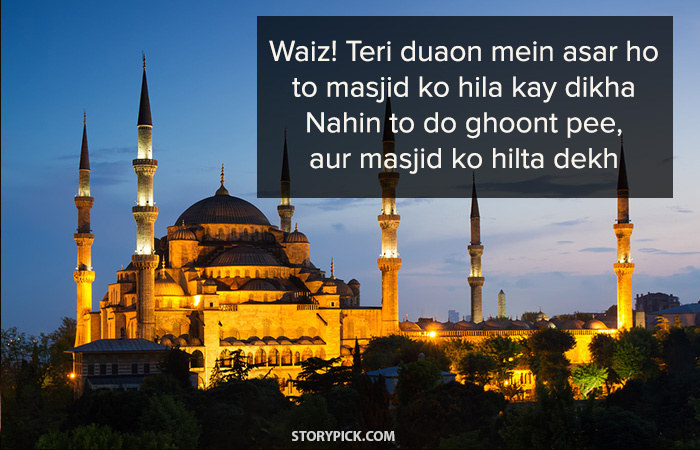 Translation–
Translation–
If your prayers are potent, Mullah, move this mosque my way,
Else have a drink or two with me, and we’ll see its minarets sway.
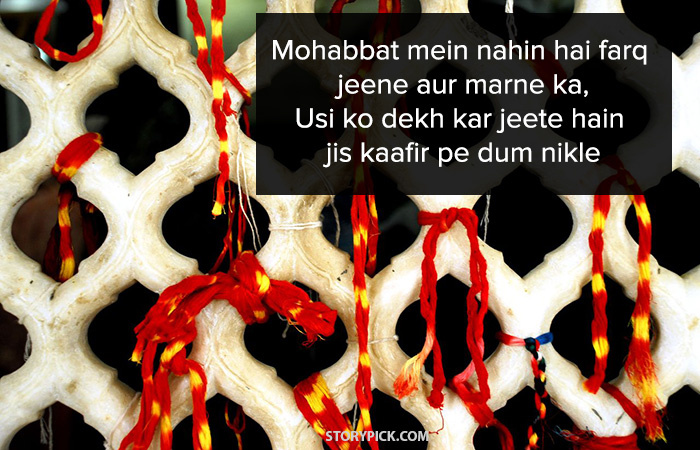 Translation-In love, there is no difference between living and dying,
Translation-In love, there is no difference between living and dying,
One lives by watching the beloved on whom life is lost
Mirza Ghalib, the man of Shers, Shayaris and Ghazals, was born Mirza Asadullah Baig Khan on 27th December in 1797 at Kala Mahal, Agra in the mughal empire. He was a prominent Urdu and Persian poet during the reign of Bahadur Shah Zafar- the second. The Emperor was also his disciple, who conferred the titles of ‘Dabir-ul-Mulk’ and ‘Najm-ud-Daul’ on Ghalib.
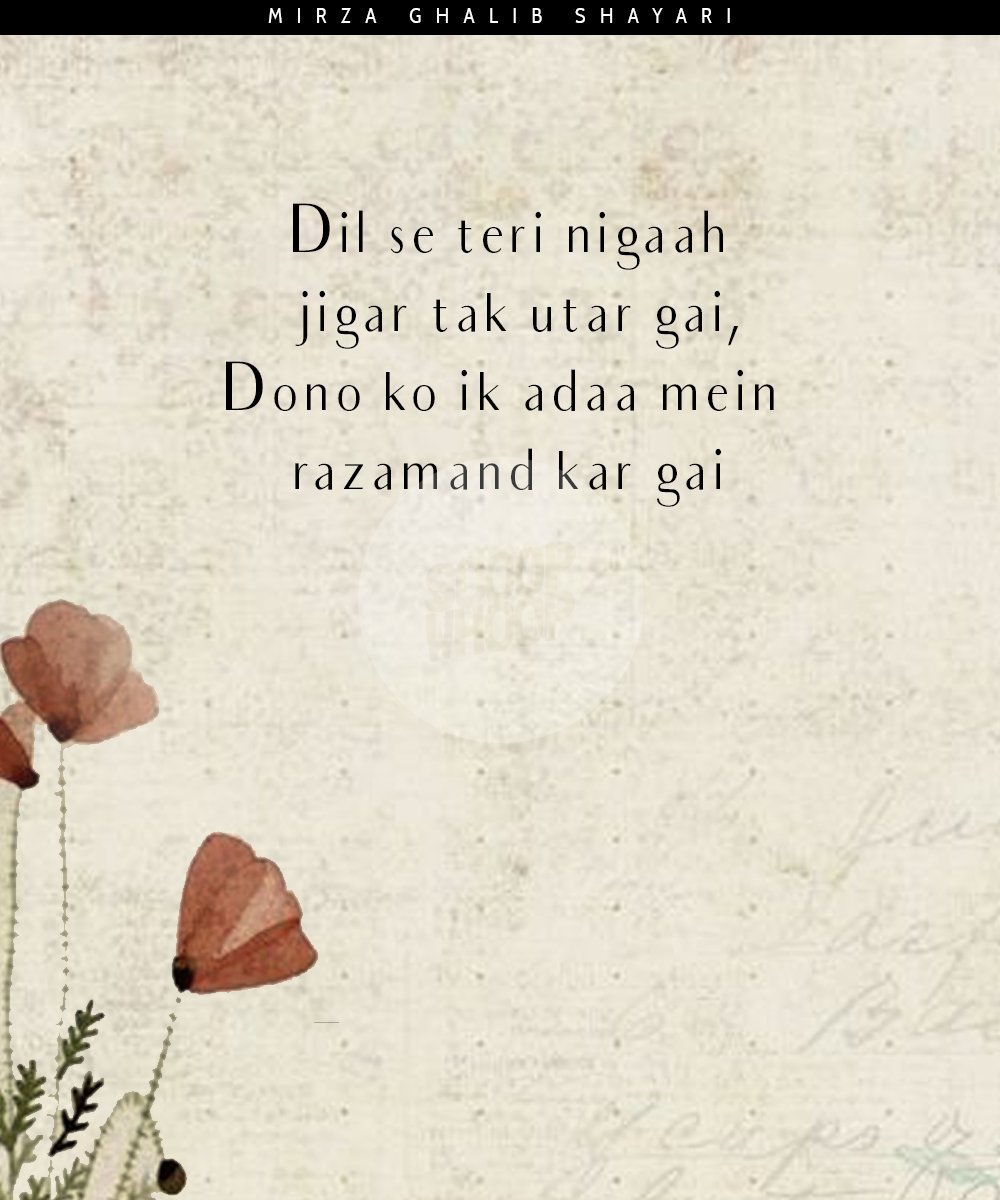
He had descended from the Aibak and Saljuq Turks who had migrated from Samarkand to India during the rule of Ahmed Shah. He was orphaned when he was 5 years old and married at the age of 13, according to custom, to Umrao Begum, daughter of Nawab Ilahi Bakhsh (brother of the Nawab of Ferozepur Jhirka). He considered Marriage to be a second imprisonment after life itself. Tragically none of his seven children survived beyond infancy. The idea that life is one continuous painful struggle which can end only when life itself ends, is a recurring theme in his poetry.
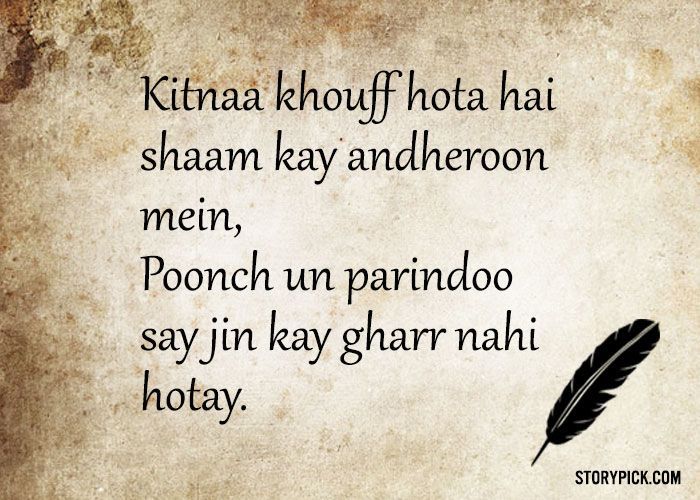
Ghalib witnessed the ousting of the Mughals from the throne of Delhi by the British and the political upheaval for freedom of 1857. He is known as the last great poet of the Mughal Era. The reflections of these tumultuous and heart-wrenching incidents show in his works. Ghalib gave ghazals a new garb and was also an adept letter writer. His letters outline the social, cultural and political backdrop during his time, magnificently.
His pen name means Ghalib, in Urdu means dominant. Ghalib died in 1869 and the house where he lived in Delhi has been turned into a memorial known as “Ghalib ki Haveli”. Overall, Ghalib’s life was a distressed and sad one. His different viewpoint of God and religion, fondness for wine and bad credit did not make him an ideal person in the society during his times.

Gulzar uses Ghalib’s shayari in the song in Dil Se, – “ishq par zor nahi, hai ye wo aatish Ghalib. jo lagaye na lage, aur bujhaye na bane” meaning- There is no force over love, it is that triumphant fire Ghalib, it cannot be sparked off easily nor burns once extinguished.
His life and times have been portrayed beautifully in the TV drama series made by Gulzar, in the 90s starring Naseeruddin Shah. A quote from the drama:
The inspector: “Kya jaanti ho Ghalib ke bare me, karz me doobe rehte hain” Navaabjaan: “Aur dilli par jo unka karz chadh raha hai, use dilli ki saat pushtein bhinahi chuka payengi”.
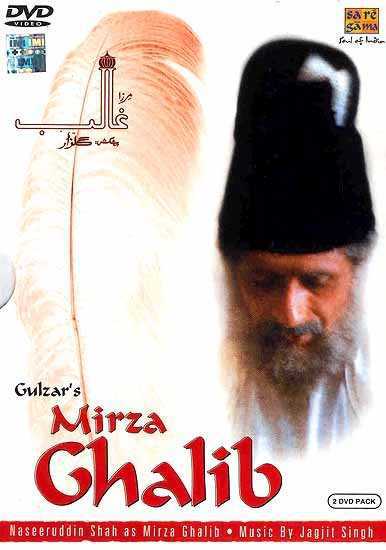
Dil Dhoondta Hai, a romantic duet sung by Lata Mangeshkar and Bhupinder Singh and composed by Madan Mohan, has its origins in a Ghalib couplet: Jee dhoondta hai phir wohee fursat ke raat din, Baithe rahain tasavvur-e-jaanaan kiye huay (The heart seeks days of leisure gone by, I sit around imagining the face of my lover.)
The trials and tribulations did not erode Ghalib’s zest for life. Pavan Varma, author of Ghalib: The Man, The Times writes, “At one level he could detach himself from the temporal experience by the Vedantic assertion of the non-existence of anything, except the Real. At another, he could imbue with divinity every aspect of the mundane, seeing in each atom both the manifestation and proof of His grace.”
Ghalib’s couplets have a charm that will never fade and constitute a never-ending inspiration.
Advertisements Share this:


